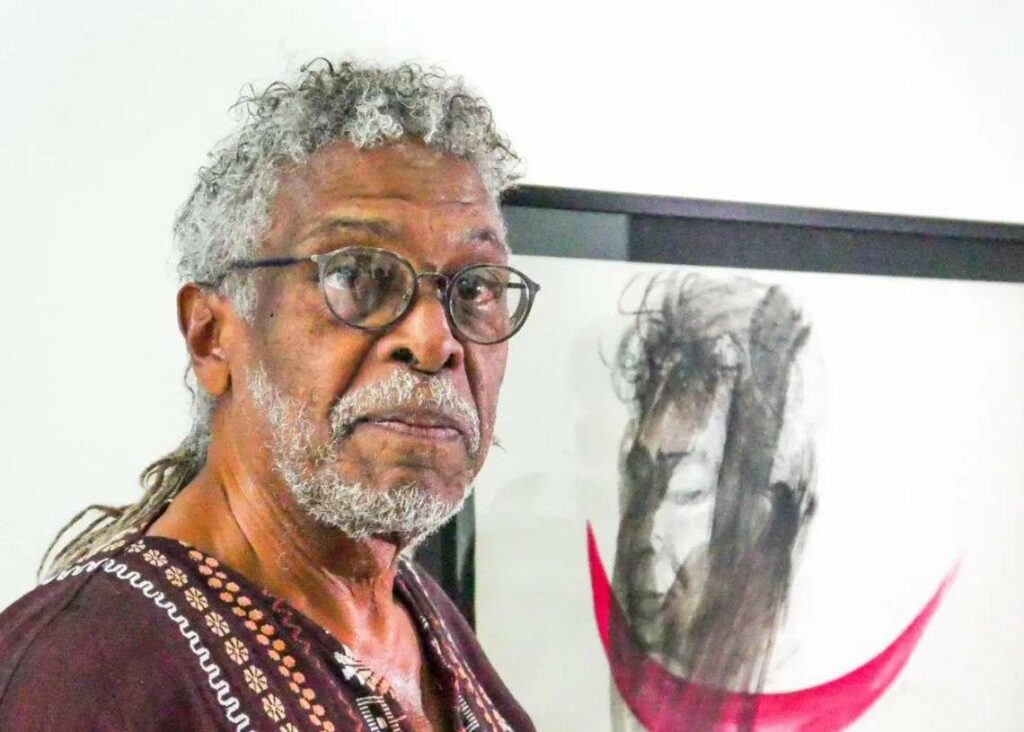The Attorney General of the Republic, Augusto Aras, filed a lawsuit this Monday (3) at the Federal Supreme Court (STF) to ensure that the crime of work analogous to slavery does not prescribe. In the injunction requested from the Supreme Court, Aras asks the Court to prohibit courts and judges from declaring the statute of limitations.
The prosecutor argued that the statute of limitations for crimes is a constitutional guarantee of the investigated person, but it is not absolute. For Aras, there are cases in which prescription does not occur, such as a crime of racism.
“The now vindicated imprescriptibility advocates as an instrument to rescue memory and truth, from the perspective of the right of victims of crime to be reduced to a condition analogous to that of a slave. The right to memory and truth, especially when dealing with serious violations of human rights, is a vector of human dignity”, defended the prosecutor.
Last week, the PGR also defended priority in the STF in the judgment of actions that deal with the fight against slave labor. The order was sent on Thursday (30). Aras asked that actions dealing with the matter be judged by the Court in the first half of this year.
The prosecutor argued that 2,500 workers in conditions analogous to slavery were rescued by labor inspectors last year.
DPU
Earlier this month, the Federal Public Defender’s Office (DPU) also took action in the Supreme Court to guarantee the expropriation of land and the confiscation of assets from companies caught using workers in conditions analogous to slavery.
In the writ of injunction filed with the Supreme Court, the body argues that the measure is provided for in Article 243 of the Constitution, but has not yet been regulated.
The action requests the immediate use of Law 8257 of 1991 to expropriate rural and urban properties that use workers in conditions analogous to slavery. The norm is applied in the expropriation of cases of drug cultivation.
















